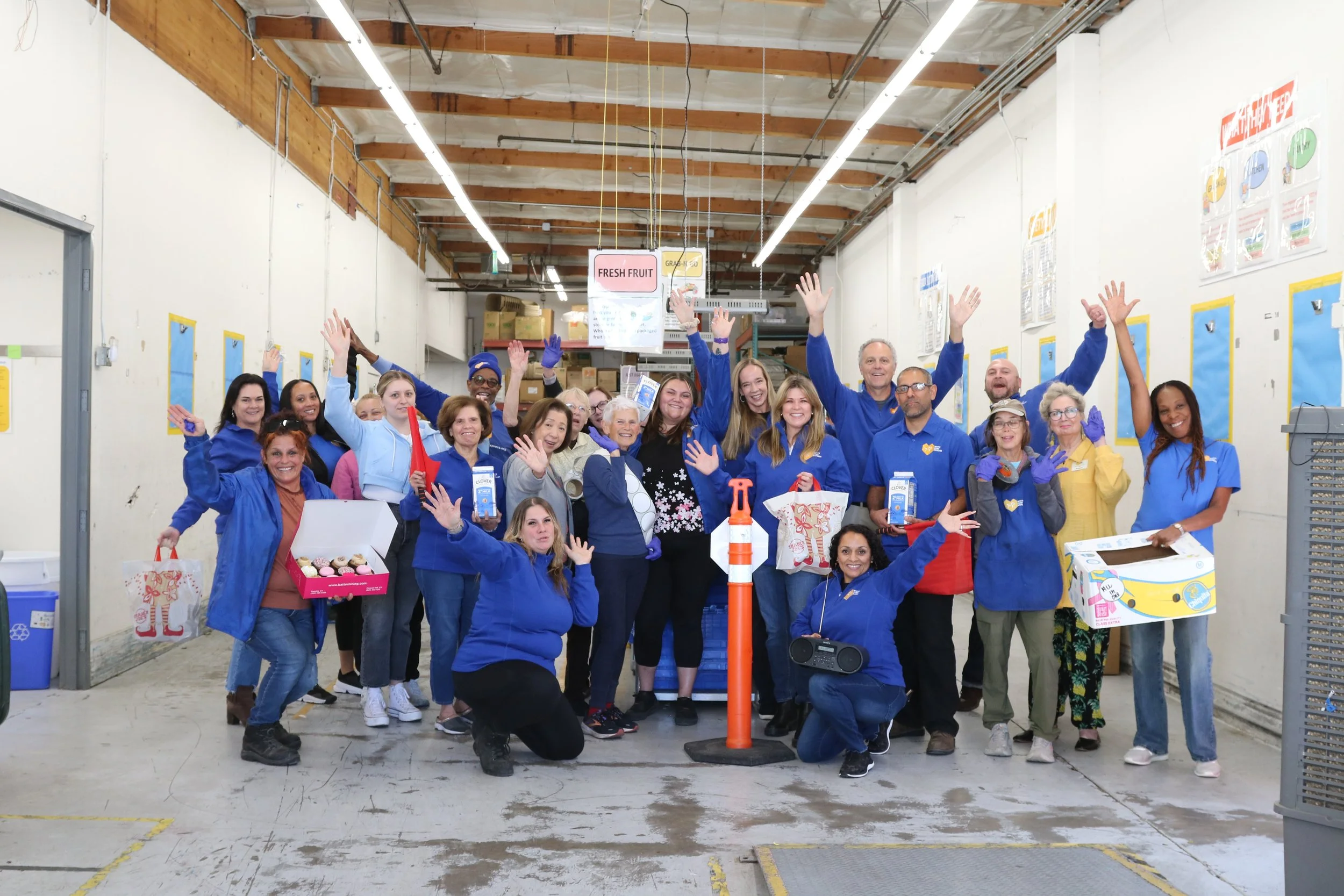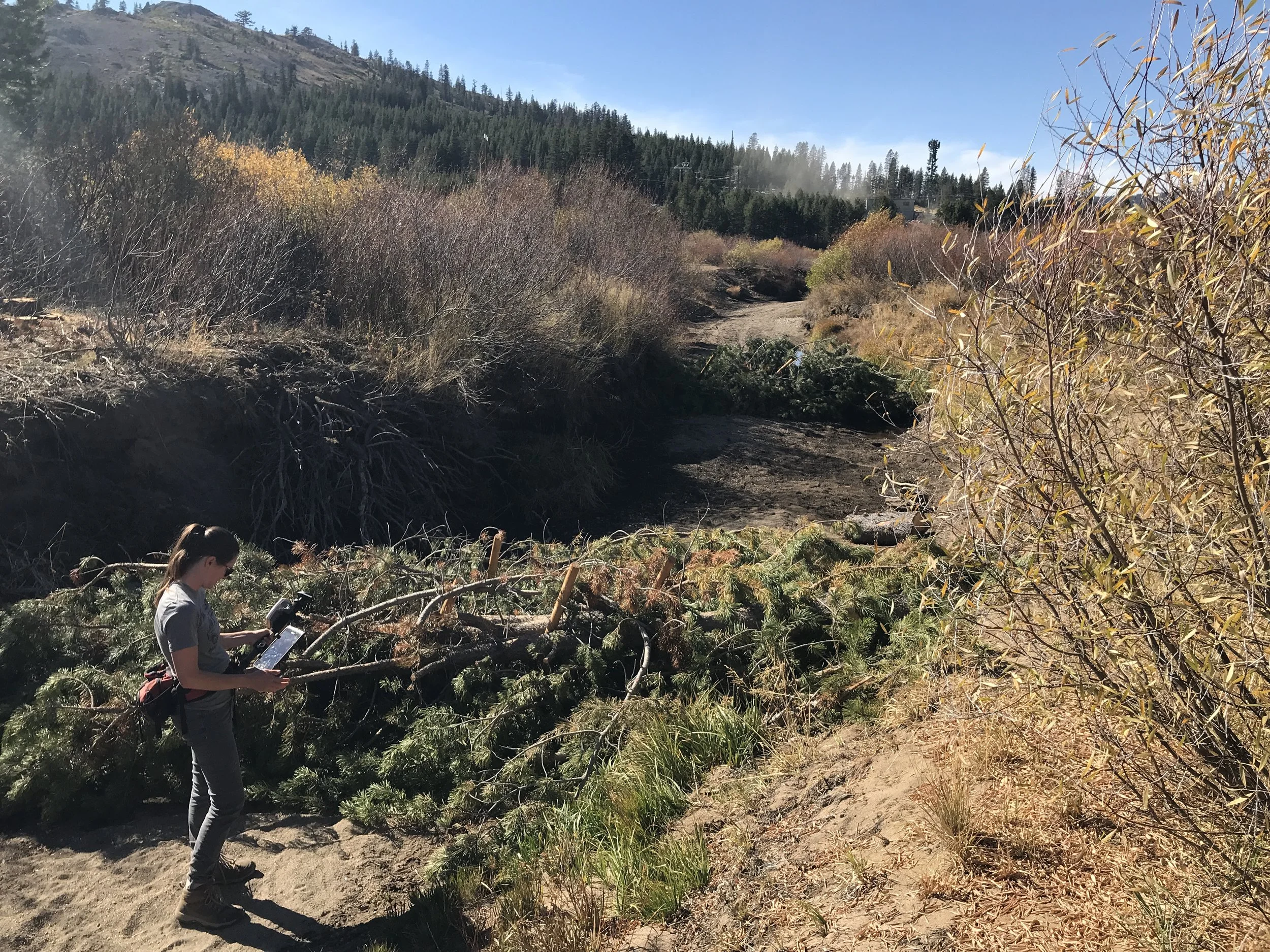Since 2015, the City of Los Angeles (LA), in partnership with the LA Department of Transportation and the Mayor’s Office, has received a total of $4.7 million from CARB’s Clean Mobility Options program for a zero‑emission car share pilot project. This project, known as BlueLA, is operating in 13 underserved communities that face significant air quality burdens and have historically been excluded from environmental benefits. BlueLA provides a clean and affordable mobility option in these communities, which include Downtown, Pico Union, West Lake, and Koreatown.
Revitalizing Rural and City Transit: Electric Buses arrive in Merced County
In the heart of the San Joaquin Valley, a transformative project is underway to reshape public transportation in communities around Merced. Thanks to $3.1 million in funding from the California State Transportation Agency's Transit and Intercity Rail Capital Program (TIRCP)—half from California Climate Investments and half from SB 1 funds—the Transit Joint Powers for Merced County initiative addresses critical transit needs in disadvantaged communities. The initiative improves air quality and spurs economic growth by adding battery‑electric buses into The Bus, Merced County’s public transit system.
Over a Decade of Funding Technology Advancement: A Look at Large Scale Truck and Bus Replacement Investments
The Clean Truck and Bus Voucher project, also known as HVIP, has been a key facilitator in achieving California’s long‑term strategy of transitioning its trucking fleet to zero‑emission vehicles (ZEV). This transformation has been a multiyear process, starting with demonstration and pilot projects and moving to regulations combined with incentives.
Improving Sacramento Valley Soil Health with Winter Cover Crop Species
In 2020, Sarah Light, agronomy advisor at the University of California Cooperative Extension, partnered with the Colusa County Resource Conservation District, Davis Ranch, Richter Ag, and the United States Department of Agriculture Natural Resource Conservation Service to apply for a CDFA Healthy Soils Program Demonstration Grant. The team received $99,832 of grant funding to conduct a demonstration project on cover crops on two fields in the Sacramento Valley from fall 2020 to spring 2024.
Hoopa Valley Tribe Brings Fire Back to the Land
In the Hoopa Valley Tribe’s homelands, California Climate Investments funding is helping the Hoopa Valley Tribe re‑introduce fire to an important oak woodland ecosystem. The work is supported by a $1.36 million grant from CAL FIRE’s Forest Health Program. The eastern side of the Hoopa Valley, on the current Hoopa Valley Reservation in what is known today as Humboldt County, has historically been home to extensive oak woodlands. Fire has always played an important role on this landscape—the people burned the hillsides for generations to maintain the oak trees and promote growth of other culturally important plants.
Ambitious Partnership Delivering the Next Generation of Old-Growth Redwood Forests
Old‑growth redwood forests store more above‑ground carbon than any other forest type on Earth. Unfortunately, only 5% of old‑growth redwood forests survived extensive colonial logging in the 19th and 20th Centuries. Now, thanks in part to California Climate Investments funding awarded through CAL FIRE’s Forest Health Program, a partnership is working to establish the old‑growth forests of the future on California’s northern coast.
Fully Electrified Homeless Shelter Runs on Solar
The 40 Prado Road Homeless Services Center, a shelter located in San Luis Obispo, serves up to 100 occupants at a time. While it was built in 2018 under the 2013 Energy Code and met energy efficiency standards of the time, it was under the Low‑Income Weatherization Program (LIWP) that the shelter was able to become even more energy efficient, adding a 120‑kilowatt solar system and other energy efficiency measures thanks to California Climate Investments funding. The success at this property—the first homeless shelter to receive funding under LIWP—has paved the way for many similar properties across the state to also receive funding.
Funding ZEV Workforce Training and Career Development for Priority Populations
Through the Inclusive, Diverse, Equitable, Accessible, and Local (IDEAL) ZEV Workforce Pilot Project administered by the California Energy Commission and co‑funded by CARB, Fresno City College has offered three high schools in Fresno County the opportunity to introduce their automotive students to ZEV technology. Training was provided in December 2023 for high school teachers at each of the three schools, and they were provided with tools and equipment to offer the new ZEV curriculum starting in spring 2024.
White Pony Express: Food Recovery for All
CalRecycle’s Food Waste Prevention and Rescue Grant Program funds projects that lower overall greenhouse gas emissions in California through food waste prevention and rescue projects, which reduce the amount of food disposed in landfills. Receiving multiple grants from the program since fiscal year 2016-17, White Pony Express: Food Recovery for All is a food waste rescue project operating out of Pleasant Hill, California. It has received a total of $701,530 from California Climate Investments, as well as additional funding from CalRecycle’s Edible Food Recovery Grant Program.
Protection of Shasta County Ranch Provides Agricultural, Educational, Wildlife, and Climate Resiliency Benefits
Ross Ranch is an 854-acre working ranch that lies within the City of Redding’s sphere of influence, or the identified expansion area for the city. The property is leased to cattle ranchers and beekeepers, with 30 acres used by neighboring Shasta College for cattle grazing. In 2018, the California Strategic Growth Council awarded the Shasta Land Trust an approximately $5.6 million Sustainable Agricultural Lands Conservation Program (SALC) grant to acquire an agricultural conservation easement that permanently protects Ross Ranch from development.
Kick-Starting Zero-emission Fleets and Expanding Transit on California’s North Coast
With funding from the California State Transportation Agency’s Transit and Intercity Rail Capital Program, the Humboldt Transit Authority will procure eleven fuel cell electric buses for use throughout the North Coast and build the northern-most hydrogen fueling station for public and bus use in California. This project will also create a new intercity transit service to connect local riders from Eureka to Ukiah and points south, including the San Francisco Bay Area, with fuel cell electric buses.
Toward Resilient California Communities: Solar + Storage Potential at Schools and Community Centers
California Strategic Growth Council
With funding from the Climate Change Research Program, PSE Healthy Energy is working with the Asian Pacific Environmental Network and Communities for a Better Environment to identify opportunities to build solar+storage resilience hubs at schools and community centers across California.
San Joaquin Valley Community Air Monitoring Network Expands Access to Air Quality Data
Cesar Chavez Living Schoolyard in East Oakland Supports Health and Wellbeing
California Natural Resources Agency
The Cesar Chavez Living Schoolyard project transformed an unshaded asphalt-covered schoolyard into a vibrant, tree-covered, park-like setting in a critically an underserved neighborhood in East Oakland. The site hosts two elementary schools, and their more than 600 students now enjoy a real grass play field, an expanded learning garden featuring an outdoor classroom and fruit orchard, a dry creek, a nature-play zone, as well as pollinator-attracting landscape areas, expanded seating and gathering options, and 65 new trees
Zero-Emission Tractor Demonstration Projects in the Bay Area
California Air Resources Board
Thanks to funding from California Air Resources Board’s FARMER program, the Bay Area Air Quality Management District (BAAQMD) is funding some of the first zero‑emission agricultural tractor demonstration projects in the state. BAAQMD and CARB recently awarded $1 million to manufacturers to produce seven zero‑emission tractors which are now in operation at The Mushroom Farm LLC, Old School Vineyards LP, Arroyo Lindo Vineyards, Crocker Estate, and Wente Vineyards.
Rancho San Pedro Launches Good2Go Bikes Program
California Air Resources Board
With nearly $1 million in funds from the California Climate Investments Clean Mobility Options Voucher Pilot Program, the Los Angeles Cleantech Incubator, Housing Authority of the City of Los Angeles, and Pedal Movement are launching four e-bike hubs through Rancho San Pedro affordable housing’s shared ebike program, also known as the Good2Go Bikes program.
Improving Forest Health in the Yurok Community Forest and Salmon Sanctuary
Van Norden Meadow Restoration Project
California Department of Fish and Wildlife
With $3.9 million in support from the Wetlands and Watershed Restoration Program, the South Yuba River Citizens League together with the Washoe Tribe and project partners are restoring 485 acres of the high-elevation meadow habitat in Placer and Nevada Counties. Project partners include the Tahoe National Forest/U.S. Forest Service (USFS), Wildlife Conservation Board, Truckee Donner Land Trust, UC Davis Center for the Watershed Sciences, Point Blue Conservation Science, University of Nevada Reno, and Nevada County.
Tulare Cross Valley Corridor Zero Emission Bus Expansion
California State Transportation Authority
With $20,262,000 from CalSTA’s Transit and Intercity Rail Capital Program, the Tulare Cross Valley Corridor Zero-emission Bus Expansion Project is supporting the development of the long-planned east-west Cross Valley Corridor mixed freight and passenger bus and rail system.
Omnitrans ConnecTransit Plan: Planning Public Transit in the San Bernardino Valley
California Air Resources Board
Omnitrans is working with several partners to develop a community-driven transportation plan for the public transportation system in the San Bernardino Valley. Omnitrans is the public transportation provider for the San Bernardino Valley region. The ConnecTransit Plan will identify and prioritize clean transportation improvements that address hurdles to equity and access within the Omnitrans service area and that will reduce greenhouse gas emissions. The ConnecTransit Plan will provide a blueprint for future implementation projects for which Omnitrans will seek grant funds.






















